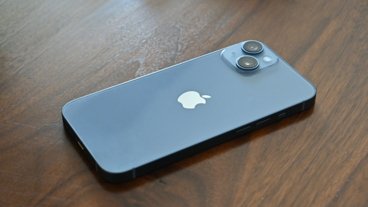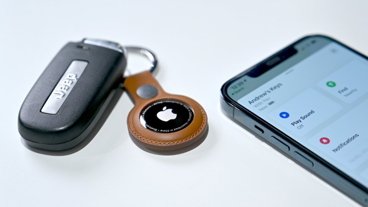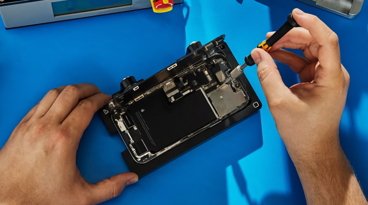Unlocked iPhones may total 1 million, see help from insiders
A new report claims that between 800,000 and 1 million iPhones have been unlocked without permission — and that workers involved in producing the Apple handset may be helping along a blossoming gray market for the device.
The numbers are this high in large part due to the relatively quick creation of a hardware-based unlock by the Czech firm Bladox, according to the magazine. In August of last year, the company developed a variant of its Turbo SIM card that turned from handling mobile payments to fooling the iPhone into believing it was running an activated, officially sanctioned SIM card from AT&T.
This and more software-dependent techniques have let bootleggers sell the phones both to Canadians and similarly obvious candidates but also countries as far ranging as Afghanistan, according to Bladox.
However, the situation may only be made worse by the ecosystem used to handle iPhones both during and after their transit from Asia to their final sales destinations in the West. An unnamed distributor claims to know a supplier with access to diagrams and repair guides that would normally be available only to Apple, hinting at leaks either within the supply chain or at the factories themselves.
In the US, iPhone sent to phone recycling and refurbishing houses such as Cellucom Group are often shipped to wholesale outlets that fix and promptly sell unlocked versions of the once-discarded devices.
Apple and its official carrier partners have also done little to stem the tide, the report argues. Nonetheless, lost carrier income is described a non-issue; many unlocked iPhones are sold in countries where no official providers exist.
In its latest quarterly results, Apple was comparatively relaxed in its approach to investment firms' concerns about iPhone unlocking. The firm's chief operating officer Tim Cook said during a conference call that the number of unlocked phones was "significant" but could not say how many were operating on unapproved networks, also stating that it was an "expression of strong interest" in the device around the world. Analysts have also noted that Apple may incidentally benefit from the unofficial trade by generating enthusiasm for the products it does sell in these countries.
In fact, most of the help provided to the Cupertino, Calif.-based company in slowing down gray market sales may be from circumstances beyond its control. The international 1.1.1 iPhone firmware update is claimed to have unintentionally broke SIM card hacks but was ironically helped along by the development of strictly software-based workarounds to the problem, which hurt traffic at resellers who depended on hardware solutions for their businesses.
 Aidan Malley
Aidan Malley










 Andrew Orr
Andrew Orr
 Sponsored Content
Sponsored Content
 Malcolm Owen
Malcolm Owen

 William Gallagher
William Gallagher

 Mike Wuerthele
Mike Wuerthele
 Christine McKee
Christine McKee







